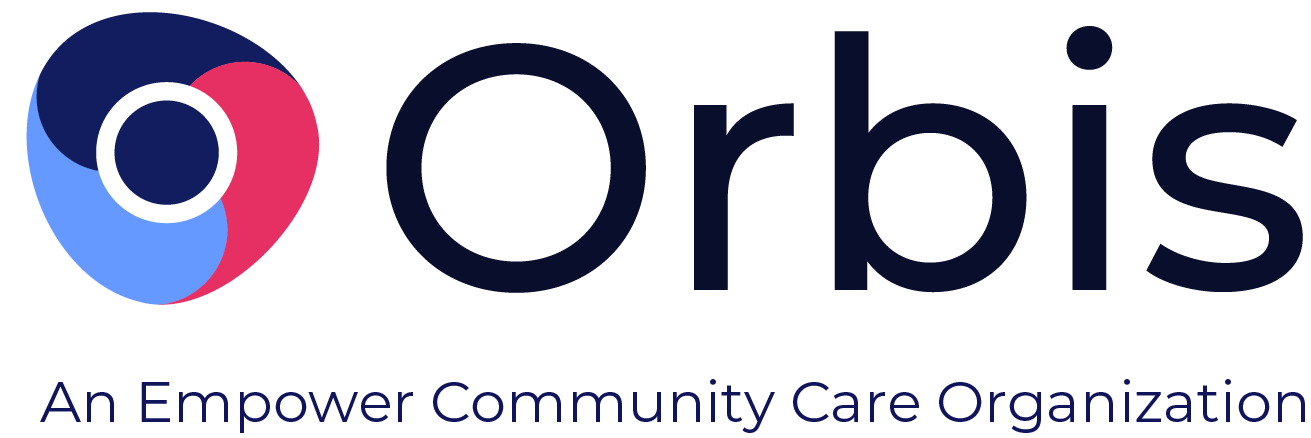Mental health problems, left untreated, can become an unbearable hardship for young students. But if children had a comprehensive mental health treatment system in their school—one that intervened and provided support early on in their life—they might be able to avoid reaching desperation. For students to succeed academically and personally, schools must treat juvenile mental health just as seriously as physical health.
Mental Health and School Success
The Center for Disease Control estimates that, at any given time, 1 in 5 American youth are struggling with at least one mental health disorder. In a classroom of 25 kids, that means that an average of 5 will be facing mental health challenges. Mental health issues may hinder students from attending class, forming meaningful relationships, and studying effectively. This can lead to higher rates of dropout; in fact, a study from the University of Michigan found undergraduates suffering from depression were over twice as likely as their peers to drop out of school.
Additionally, youth with mental health issues are more likely to become involved with the juvenile justice system and develop a substance abuse disorder. In many ways, schools offer an ideal context for treating mental illness: they are trusted by families, have consistent contact with students, and are accessible for all populations. Yet oftentimes, schools don’t have the proper resources and staffing to provide comprehensive mental healthcare for all adolescents.
Who Can Help?
Teachers see students most throughout the day, yet with increasing class sizes and pressure to raise test scores, they are often too busy to speak one-on-one with them. Counselors can work with youth who need support, but as more emphasis is placed on college preparedness and academic success, school counselor responsibilities are shifting away from ensuring the personal wellbeing of individuals and towards ensuring their academic achievement.
The only administrator with a full-time role dedicated to mental health is the school psychologist, though nationally, one school psychologist is responsible for an astounding average of 1,653 students. Yet when the professionals are overworked, they often only have enough time for student assessments—a lengthy process that requires individual interviewing and a written evaluation. This leaves less time to address mental health training for teachers—those who are best situated to notice behavioral shifts among young people—and comprehensive prevention services for the entire school.
A Better Way
Following the example of universities across the country, school districts have slowly begun shifting their focus to a comprehensive treatment model of mental health. Rather than a single psychologist working with students who’ve demonstrated symptoms of mental illness, comprehensive services also involve full-school preventative measures, like teacher training and early screening for disorders. They often involve a school-community partnership, building on existing school resources with outside professional help as well as facilitating connections for student referrals.
Comprehensive treatment focuses on evidenced-based, universal prevention that creates an inclusive, supportive environment within schools while proactively addressing mental health. This type of service structure often manifests itself as a three-tier system: universal prevention, selective intervention, and indicated intervention. Universal prevention is the largest tier; it includes school-wide screening for behavioral and emotional disorders, administered by professionals to all students. Selective intervention takes the form of larger group therapy for potentially at-risk youth, identified by teachers or by the screening process; indicated intervention is one-on-one therapy for demonstrated high-risk teens.
Providing this type of effective, thoughtful mental health services to students throughout their academic career is imperative because a comprehensive prevention program in schools can be the difference between lifelong mental health struggles and successful management of disorders.
Orbis Partners provides solutions for criminal justice and human services systems, specializing in designing and implementing services for at-risk client groups. For more information about assessment tools related to youth mental health, visit our Youth Mental Health Assessment page by clicking here.


